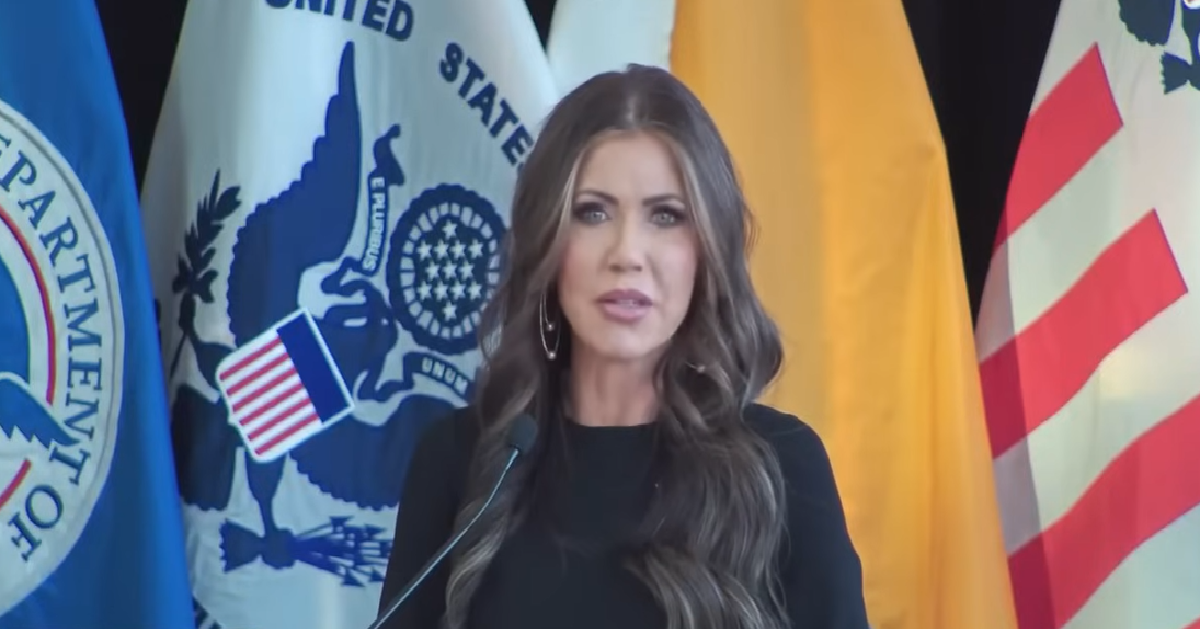DANIEL VAUGHAN: Jay Bhattacharya Is The Perfect Nominee To Restore Trust
The overriding theme of Donald Trump's appointments thus far is to force a reckoning within the national bureaucracy. If you were to name the mission statements for each nominee, it's to question everything, shake out the rot, and force accountability to a system that conservatives view as captured by liberal elites.
Painted in a negative light in the liberal press, they describe it as a revenge mission by Trump. But when you break down the appointments, you see something more: an attempt to force accountability into a system that has harmed people. In some cases, Trump is putting people in charge who were directly targeted by the bureaucrats of their profession.
In this framework, Jay Bhattacharya enters as Trump's pick to lead the National Institutes of Health. At the peak of the COVID-19 pandemic, Bhattacharya was tasked with one of the early studies of the spread of the coronavirus, the Santa Clara Study.
That work and further study led him to be one of the leading signatories to the Great Barrington Declaration, which severely criticized COVID-19 lockdown policies enacted by governments worldwide. This led to him being targeted by Anthony Fauci and the head of the NIH, Francis Collins, and censored on Twitter (before Elon Musk bought it).
Bhattacharya will now be in charge of the agency that once targeted him. In an interview in 2023, he described what he believed needed to happen in public health: "I think the first thing that has to happen is that public health should apologize. The public health establishment in the United States and the world has failed the public." He added, "Very few have acknowledged any errors at all."
He's right. Mistakes were made, and what we need is an in-depth study of all decision-making, what evidence was used, and a reckoning of what went wrong, what worked, and how to improve future responses. If history teaches us anything, large-scale pandemics are a feature of the world, not random one-off events. The failures of 2020 will inform how we react during the next major event.
Even more importantly, the inequities of the response were stark. Contrary to the popular mantras of the time, we were not in it together. Bhattacharya nailed this well in an interview:
The lockdowns, if they were to benefit anybody, it benefited members of the laptop class who actually had the wherewithal to stay home, stay safe while the rest of the population served them. Our societies are deeply unequal. It's a very small fraction of the world population that actually could stay home and stay safe. And so, when the lockdowns happened, a very large number of people essentially were left on the outside. They had to work to feed their families, to take care of their elderly parents or whatnot, and that meant that the lockdowns had no chance of actually working. The people that conceived the lockdowns have an extent of naivety about how societies work that it just boggles the mind.
The work ahead for Bhattacharya is extensive. He has to help a wayward agency see the light on its response, get a public agency back to its purpose of serving the country, and, most importantly, restore basic trust.
That last point seems to have been lost on everyone involved. Ironically, it's part of why Robert F. Kennedy Jr. is so popular across both parties. The American people have fundamentally lost trust in the institutions responsible for responding to public health.
Reversing that shift in public opinion is critical in the coming years. Bhattacharya understands this point better than most, and I expect big things from him. I also expect he'll release a lot of hidden information to the public, so we won't be in the dark about what actually happened at the peak of 2020 decisions.
Fortunately, Bhattacharya has the head knowledge from his background and the hardened experience of being targeted by those who directly broke public trust. He understands more than most what went wrong because he lived it and was at the forefront of everything. He's not a conspiracy theorist; he's a scientist looking at the evidence and going from there.
In the past, public health agencies became enamored with "noble lies," trying to get people to do what they want instead of providing information to act. Destroyed trust is difficult to rebuild. I don't expect things to change overnight, but we're headed in the right direction again for the first time in many years.
The Senate should confirm Jay Bhattacharya and work with him on reforming the NIH and everything related to it.






